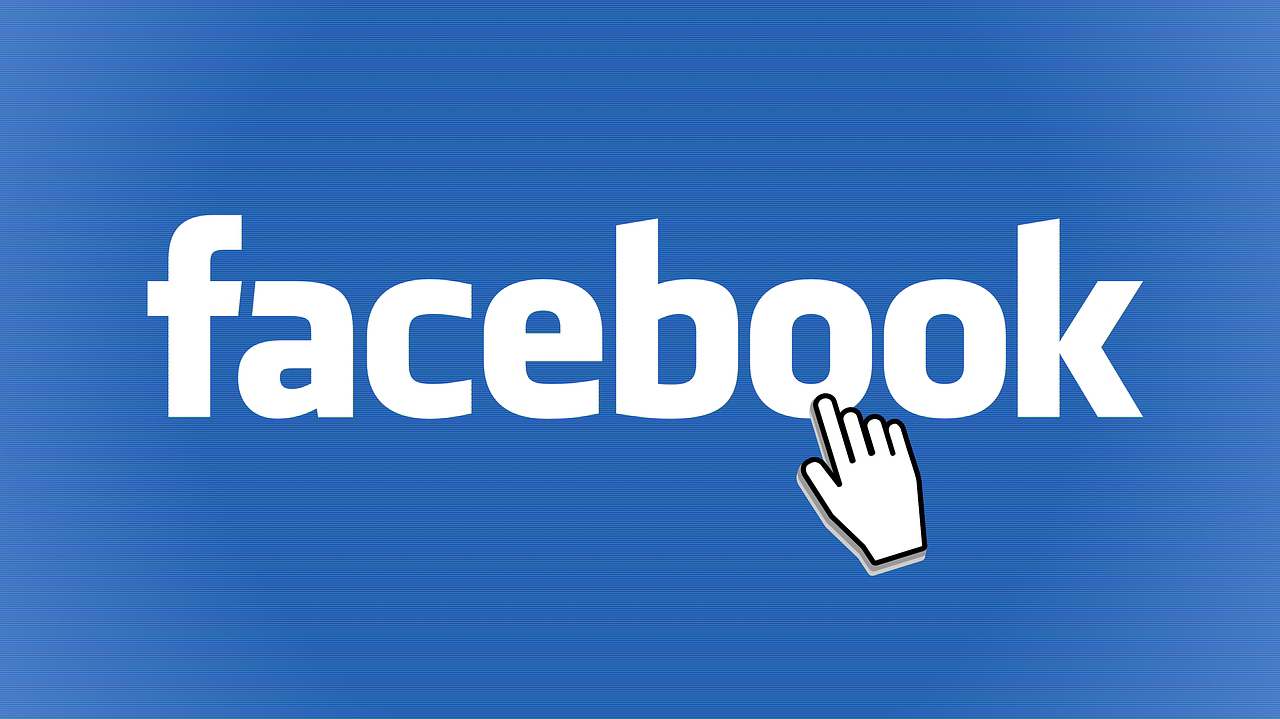What’s Driving Users to Other Platforms
Facebook, once the dominant social media platform, has witnessed a sharp decline in popularity among Generation Z. This younger demographic, typically born between 1997 and 2012, has shifted to other platforms, driven by several key factors. While Facebook remains a social media giant, it faces a growing challenge in retaining Gen Z users. Let's explore the main reasons behind this trend and why other platforms are capturing their attention.
1. Facebook's Aging User Base
One of the primary reasons for Facebook’s decline among Gen Z is its association with older generations. Initially, Facebook gained massive popularity among Millennials and older users. However, as parents, relatives, and older adults flocked to the platform, it began to lose its appeal to younger audiences. Gen Z prefers social media spaces that feel exclusive to their age group, where they can connect with peers without being under the watchful eyes of older generations.
2. Visual Content Preference
Gen Z is known for its preference for visual-first platforms. Instagram, Snapchat, and TikTok have become the go-to platforms for this generation because of their focus on images, short-form videos, and engaging content formats. Unlike Facebook, which started as a text-heavy platform, these platforms cater to the fast-paced content consumption habits of Gen Z, offering bite-sized, interactive content.
3. TikTok’s Rise as a Content Powerhouse
TikTok has been a game-changer in social media, particularly among Gen Z. Its innovative algorithm, which curates personalized content for users, has made it one of the most addictive platforms. TikTok’s short-form video content, viral challenges, and creative tools have captivated Gen Z’s attention in ways that Facebook has been unable to replicate. Facebook’s attempts to compete with TikTok through features like "Reels" on Instagram have not been enough to reclaim the lost user base.
4. Shift towards Ephemeral and Private Content
Platforms like Snapchat and Instagram offer ephemeral content, which disappears after 24 hours. This temporary content model appeals to Gen Z, who enjoy the freedom to share updates without the pressure of maintaining a permanent record. Snapchat’s "Stories" feature, Instagram’s "Close Friends" list, and private messaging features provide an intimate and private communication method that Facebook's traditional, permanent posts do not.
5. Privacy Concerns and Data Security
Gen Z is highly conscious of privacy and data security. Facebook has been embroiled in numerous scandals related to data misuse, privacy violations, and its role in spreading misinformation. Incidents like the Cambridge Analytica scandal have left many users wary of Facebook’s practices. Younger users, concerned about their personal data, are opting for platforms they perceive as safer, such as Snapchat, which positions itself as a more privacy-focused app with its disappearing messages.
6. Focus on Creativity and Self Expression
Gen Z values platforms that allow for greater creativity and self-expression. TikTok and Instagram allow users to produce creative content with music, filters, and other tools, fostering a space for artistic expression. Facebook, on the other hand, lacks these advanced creative tools, focusing more on news and status updates, which do not appeal as strongly to the younger, more creative-minded audience.
7. Longer Content Attention Span Mismatch
Gen Z tends to favor quick, snackable content. With their shorter attention spans, platforms like TikTok that provide fast, scrollable content are far more engaging. Facebook’s focus on longer articles, news posts, and discussions does not align with the fast-paced content consumption habits of Gen Z. As a result, Facebook struggles to maintain engagement with younger users who prefer the brief, immediate entertainment offered by platforms like TikTok and Snapchat.
8. Increased Competition from Niche Platforms
Other social platforms like Discord and Reddit have also gained popularity among Gen Z due to their focus on niche communities and interests. These platforms offer spaces where users can engage in specialized discussions and share content related to their hobbies, gaming, and interests. Facebook’s broader, less-targeted approach feels less relevant for these communities, which prefer more focused, smaller-scale interactions.
9. Facebook’s Attempts to Adapt: Not Enough?
Facebook has made several attempts to win back younger audiences, such as acquiring Instagram and WhatsApp, integrating new features like Stories, and launching video content through Facebook Watch. Despite these efforts, these features are often perceived as imitations of competitors’ offerings, and they haven't significantly shifted Gen Z’s loyalty away from platforms like Instagram, TikTok, or Snapchat.
10. The Shift to Mobile-First Platforms
Gen Z predominantly uses mobile devices for accessing social media, and platforms like Instagram and TikTok are designed with a mobile-first approach. Facebook, though mobile-friendly, was initially designed as a desktop platform, which has made it feel clunky and outdated compared to the sleek, intuitive interfaces of its competitors.
Conclusion
While Facebook remains a giant in the social media landscape, it faces increasing difficulty in retaining and attracting Gen Z users. A combination of privacy concerns, a preference for visual and ephemeral content, the rise of niche platforms, and TikTok’s meteoric growth are pulling this younger generation away from Facebook. As the social media space continues to evolve, it’s crucial for platforms to understand the preferences and needs of Gen Z to stay relevant. Facebook's future success with this demographic will depend on how well it adapts to these new trends and challenges.


